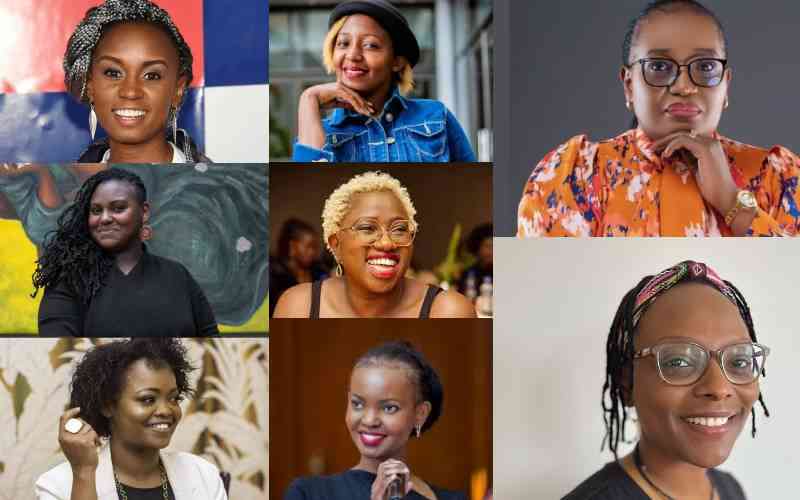
Miriam Kipsang’s homestead in Kapsokom is located at the slopes of the towering escarpments of Elgeyo Marakwet. Situated at a high altitude and facing Iten town on the other side of the escarpment, her home sits pretty humbling the Kerio Valley below.
Miriam is one of lead farmers in Elgeyo Marakwet.
Her farm is a testimony of the dedication: It is lustered with green pastures, well-pruned trees, vegetables and bananas that are just about to be harvested.
Farmer Managed Natural Regeneration (FMNR) is a low-cost land restoration technique used to combat poverty and hunger amongst subsistence farmers by increasing food and timber production and resilience to climate extremes.
“I have recruited over 60 women to join the FMNR movement in my community and I’ve asked each one of them to recruit five others,” she says.

Supported by World Vision, FMNR involves the systematic regrowth and management of trees and shrubs from felled tree stumps, sprouting root systems or seeds.
The technique explores indigenous knowledge on natural regeneration and pruning.
The goal of the project is to contribute to improved food security and livelihoods for smallholder farmers and pastoralists through evergreen agricultural practices.
Training
“We were trained about FMNR and it made sense. I developed a liking,” Miriam says, adding, “When you love something, you do it effortlessly.”
As a lead farmer, Miriam was supposed to recruit five farmers in her first year and another five in the second year. She recruited sixty.
But did she ever think she would recruit the sixty women, that quickly? Well, it’s a resounding yes from her. “….to create a movement, you need to influence, and influencing starts by setting an example to those around you - which has not been a problem with me.”
She had to let the tree stumps and seeds germinate in her farm before selecting which ones she wanted to keep. “After that I just pruned branches, and in no time, the trees shot up!” she explains.
During our visit to her home, the 60 women had gathered under a shade, a testimony of Miriam’s empowerment in FMNR movement.
Speaking during the ceremony, Jennifer Chepseba recalls how it all began and how she got persuaded.
“I remember the afternoon she came to my house; I listened to her and saw the passion as she explained what the project was all about.
“Miriam said that I did not have to plant a tree and that I just had to nurture what I already had on my farm.”
For Miriam, she wants to explore an opportunity in dairy farming by expanding the farm under pastures to harvest more fodder to sustain dairy cattle. “I can start selling milk and fodder while feeding my children,” she narrates.
“This year, during the dry season our crops were resilient because they had tree shades. Our livestock are getting shades, they are getting fodder, and we are selling milk.” Jennifer exclaims.

The women now don’t go up the hills to fetch firewood, as they have fuelwood at their doorstep. “I sell firewood from my home, and that gives me money to strengthen my clothes business,” Jennifer adds.
Besides the economic benefits, the biodiversity in Miriam’s home provides a pleasant environment for children to grow up in.
To expand the movement, the group in Kapsokom is now going to churches and schools empowering communities.
“We want to pass this technique to our children, because this, really, is about their future,” Miriam says.
Would you rather speak all languages or speak to animals? The Standard Group Plc is a multi-media organization with investments in media platforms spanning newspaper print
operations, television, radio broadcasting, digital and online services. The Standard Group is recognized as a
leading multi-media house in Kenya with a key influence in matters of national and international interest.
The Standard Group Plc is a multi-media organization with investments in media platforms spanning newspaper print
operations, television, radio broadcasting, digital and online services. The Standard Group is recognized as a
leading multi-media house in Kenya with a key influence in matters of national and international interest.

